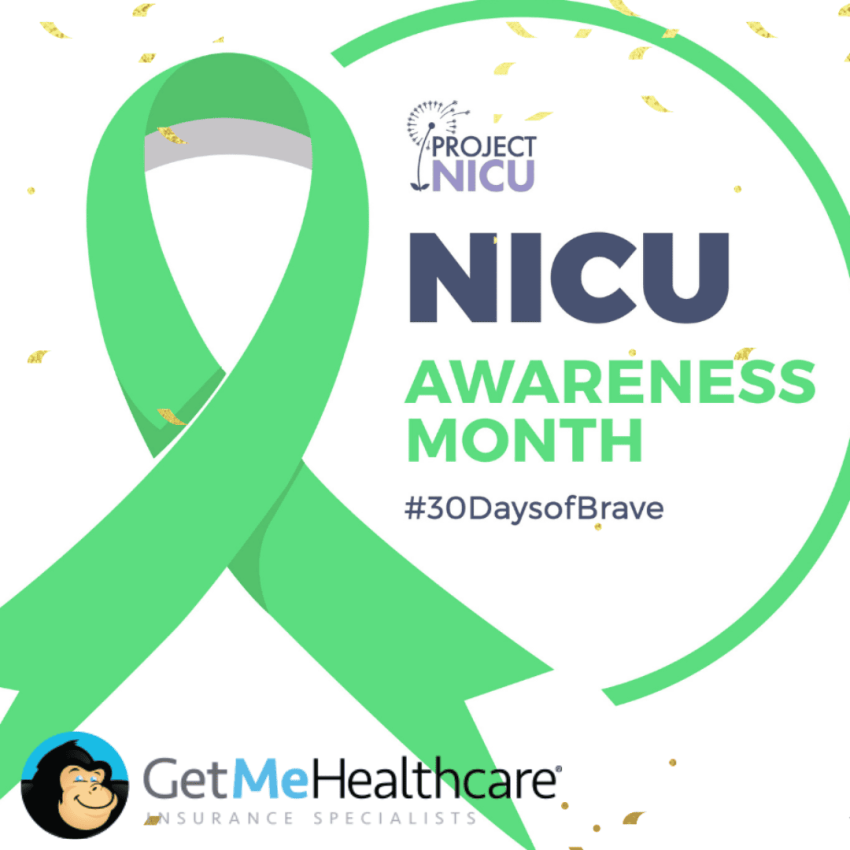Personalized Medicine: The Future of Health Care

Personalized medicine is a new way to treat diseases. It uses a person’s genes, lifestyle, and environment to find the best treatment for them. This can help people get better faster, with fewer side effects.
There are a few ways to do personalized medicine. One way is to use genetic testing to find out if a person is at risk for a disease. This information can be used to prevent the disease or to start treatment early, when it is most effective.
Another way to do personalized medicine is to use genetic information to choose the best treatment for a person. For example, a person with a certain gene may react better to one type of medicine than another.
Personalized medicine is still in its early stages, but it has a lot of potential. As we learn more about genes and diseases, personalized medicine will become more common.
Here are some of the benefits of personalized medicine:
- Better outcomes: Personalized medicine can help people get better faster, with fewer side effects.
- Lower costs: Personalized medicine can help people avoid expensive hospital stays and long-term care.
- More choices: Personalized medicine gives people more choices about their health care.
There are a few challenges to personalized medicine. One challenge is the cost of genetic testing. Another challenge is the lack of data. We need to learn more about genes and diseases before we can use personalized medicine to its full potential.
Despite these challenges, personalized medicine is a promising new field. It has the potential to improve health care for everyone.
If you are interested in learning more about personalized medicine, there are a few things you can do. You can talk to your doctor about personalized medicine and whether it is right for you. You can also read books and articles about personalized medicine. Finally, you can stay up-to-date on the latest research by visiting websites and blogs that focus on personalized medicine.





